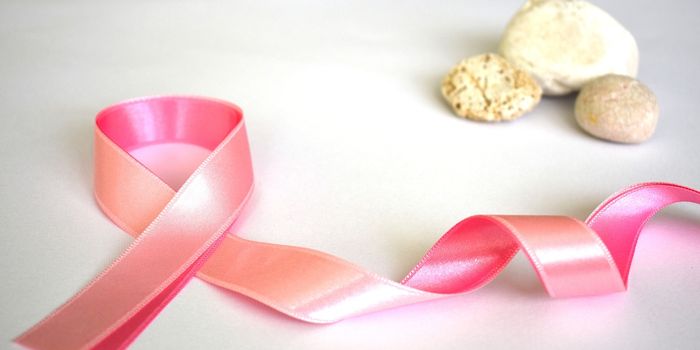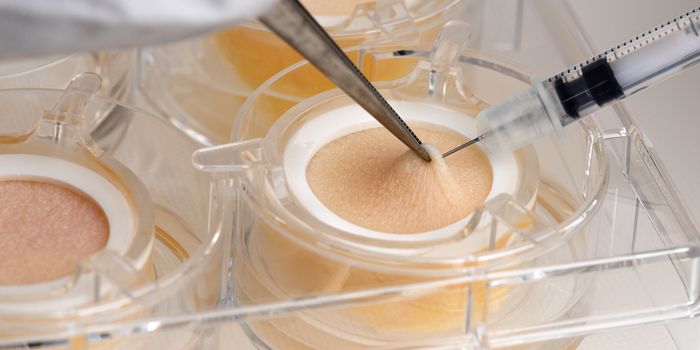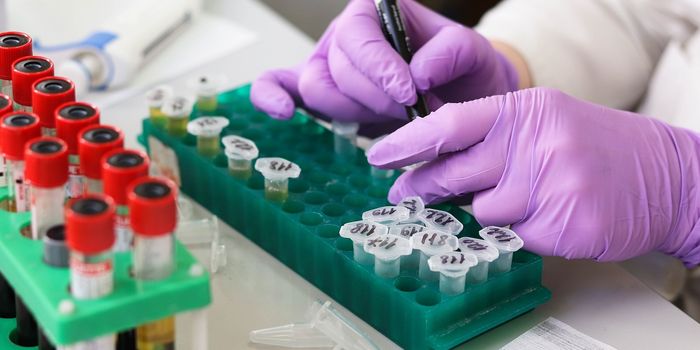Drug Repurposing: Antimalarial Drug Treats Ovarian Cancer in Patient
According to a recent published case report, a woman diagnosed with ovarian cancer was lead to recovery after being treated using a therapeutic for a different disease. The case report examined the relationship between the patient’s autoimmune disease and the treatment hoping it might have contributed to achieving such a "striking" response.

Researchers led by Professor of Medicine at NYU Langone's Perlmutter Cancer Center, Dr. Franco Muggia, described a case of a patient who received treatment for dermatomyositis, an autoimmune condition that leads muscle weakness and skin rashes. For this particular condition, the woman received treatment involving hydroxychloroquine and quinacrine, which are antimalarial drugs.However, the patient was later presented with an advanced and aggressive form of ovarian cancer.
Although there are effective treatments, ovarian cancer is known to recur within a median of 18 months to 2 years.
Dr. Muggia's patient surprised doctors with immediate and lasting response to the ovarian cancer treatment. Three years later, and the patient is ovarian-cancer free and dermatomyositis free. The follow-up results were also seen to have no evidence of the symptoms exhibited by these two diseases.
The particular antimalarial drugs, hydroxychloroquine and quinacrine, were previously studied to play a role in cancer treatment. They most likely appear to collaborate with cancer drugs to increase their efficacy.
These antimalarial drugs intended for dermatomyositis, that eventually treated the women’s ovarian cancer, have inspired the medical community to “repurpose” drugs; that is drugs developed to treat one condition were found to be useful for other conditions.

"This is an interesting example of serendipity—an incidental finding of a cancer patient responding strongly to a non-cancer drug used for the treatment of a co-morbid condition," explains Dr. Pan Pantziarka of The Anticancer Fund, Belgium, and one of the leaders of the Repurposing Drugs in Oncology (ReDO) Project. "It's important to publish such cases as they may provide early data for later preclinical and clinical investigation."
Dr. Muggia notes that conclusions from the case reports should not be drawn from the example of her patient. "However, the depth of the response of an aggressive high-grade serous ovarian cancer to the initial platinum-taxane doublet, after months of dermatomyositis and treatment with anti-malarial drugs, should encourage further inquiries into the role of autophagy, its subsequent inhibition, and immunity in enhancing responses to [platinum-based] chemotherapy. There is already strong evidence that anti-malarials such as hydroxychloroquine and chloroquine possess anticancer activity, as was summarized by the ReDO Project last year. If replicated, it would show yet again the therapeutic value still to be realized in so many of our existing non-cancer medicines."
Sources: Medical Xpress








